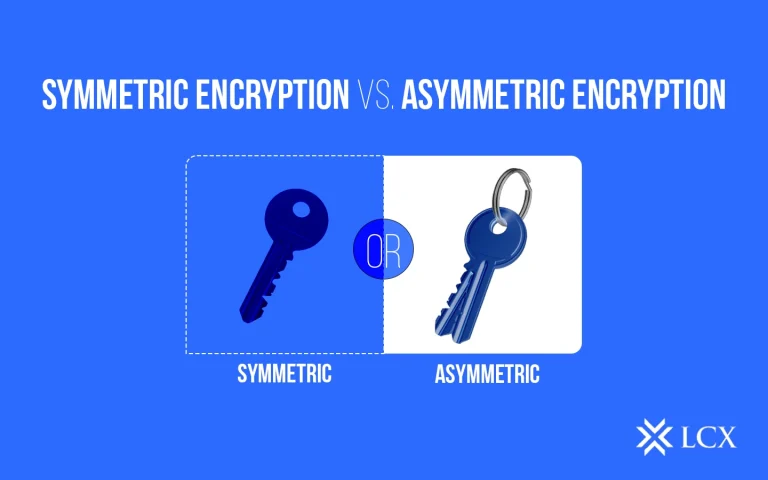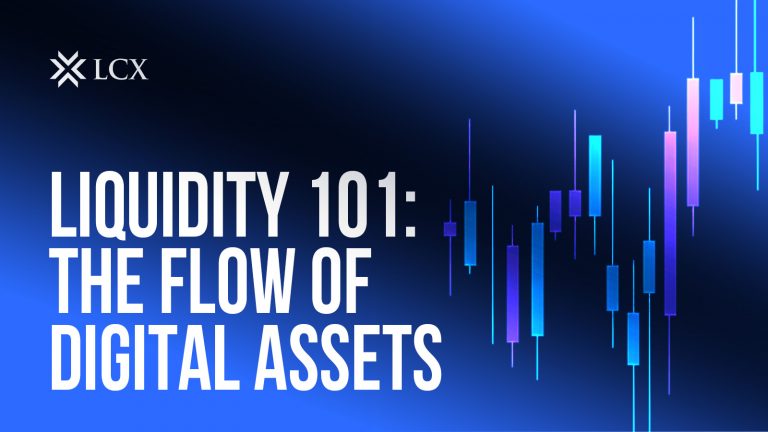The rise of cryptocurrencies has brought about a dynamic and ever-evolving digital asset market. One key player in this landscape is crypto funds, which play a crucial role in shaping the development of the market. A crypto fund is an investment fund that focuses predominantly on cryptocurrency or digital asset investments. It enables investors to obtain exposure to the cryptocurrency market without purchasing individual coins or tokens. Instead, these funds pool the capital of numerous investors to purchase a variety of cryptocurrencies, including Bitcoin and other prominent cryptocurrencies.
Understanding Crypto Funds
Crypto funds can be classified based on their investment strategies. For instance, some funds may invest solely in Bitcoin, while others may invest in a variety of cryptocurrencies or concentrate on tokens with promising underlying technology or that are supported by established corporations. In addition, some funds invest in crypto-related businesses, such as mining and trading companies.
Traditionally, individuals with high net worth, family offices, institutional investors, and retail investors may invest in crypto funds. Some cryptocurrency funds may have minimum investment requirements, whereas others may be open to investors with modest assets. Crypto funds are an integral part of the cryptocurrency ecosystem. They provide stability for selected projects to continue building regardless of market conditions. The volatility of the cryptocurrency market, the potential for hacking or fraud, and regulatory uncertainty are hazards that are unique to crypto funds. To mitigate these risks, crypto funds may employ a variety of risk management techniques, including diversification, hedging, and liquidity reserves. Crypto funds are investment vehicles that provide access to the cryptocurrency market for investors.
How Crypto Funds Shape the Market
Crypto funds have had a significant impact on the evolution of the cryptocurrency market. They are investment vehicles that expose investors to the cryptocurrency market by pooling the funds of numerous investors and purchasing a variety of cryptocurrencies. Cryptocurrency funds can be structured differently and employ a range of investment and risk management strategies.
HashKey Capital, an Asia-based crypto fund that invests solely in blockchain technology and digital assets, manages over $1 billion in client assets. Other notable crypto funds include a16z (Andreessen Horowitz), which manages over $4.5 billion, Polychain Capital, which manages over $2 billion, and Coinbase Ventures, which has a portfolio worth over $6.6 billion.
Crypto funds are driving innovation, liquidity, and investor participation, and have an overall impact on the digital asset market. Here’s a detailed analysis of how:
- Accelerating Innovation
Crypto funds have emerged as powerful catalysts for innovation within the digital asset market. These funds actively invest in blockchain projects, startups, and digital assets, providing the necessary capital to fuel development and experimentation. By identifying promising projects and providing financial support, crypto funds help foster technological advancements and the creation of new applications and platforms.
Furthermore, crypto funds often have access to extensive networks and industry expertise. They collaborate with entrepreneurs, technologists, and other key stakeholders to guide projects and support their growth. This involvement promotes collaboration and knowledge-sharing, leading to the rapid development of groundbreaking solutions and transformative technologies.
- Enhancing Market Liquidity
One of the significant challenges in the early days of the digital asset market was liquidity. Crypto funds have played a vital role in addressing this issue by providing liquidity to various tokens and digital assets. They actively trade and invest in the market, offering a continuous flow of buying and selling pressure.
The presence of crypto funds as liquidity providers not only enhances the overall liquidity of the market but also contributes to price stability. With increased liquidity, investors can buy and sell digital assets more efficiently, which leads to reduced price volatility. This stability attracts more traditional investors and institutions that may have been hesitant to enter the market due to its historical volatility.
- Investor Participation and Education
Crypto funds play a pivotal role in driving investor participation and education in the digital asset market. They bridge the gap between traditional finance and cryptocurrencies by providing a familiar and regulated investment vehicle for investors. By offering diversified portfolios and professional management, crypto funds enable individuals and institutions to gain exposure to the digital asset market without the complexities of directly managing wallets and digital assets.
Moreover, many crypto funds actively educate their investors about the underlying technology, market dynamics, and risk factors associated with digital assets. Through research reports, webinars, and other educational initiatives, they empower investors to make informed decisions and navigate the intricacies of the market confidently.
- Regulatory Compliance and Market Integrity
The digital asset market has faced significant scrutiny from regulators worldwide due to concerns about money laundering, fraud, and market manipulation. Crypto funds have embraced the importance of regulatory compliance, working closely with regulatory bodies to establish transparent and secure practices.
These funds often adhere to rigorous standards, including thorough due diligence processes, Know Your Customer (KYC) and Anti-Money Laundering (AML) procedures, and compliance with relevant securities laws. By doing so, crypto funds help establish trust and confidence in the market, attracting institutional investors and further legitimizing the digital asset space.
- Market Expansion and Adoption
Crypto funds have played a pivotal role in expanding the reach and adoption of digital assets. Their involvement has not only attracted traditional investors but also encouraged the integration of cryptocurrencies into existing financial systems. As more institutions and individuals invest in crypto funds, they indirectly contribute to the broader acceptance and normalization of digital assets.
Furthermore, crypto funds often collaborate with traditional financial institutions, fostering partnerships that bridge the gap between traditional finance and cryptocurrencies. These partnerships enable investors to gain exposure to digital assets through familiar channels, such as retirement funds, endowments, and family offices
Conclusion
Crypto funds have emerged as influential players in the digital asset market, shaping its development in various ways. Through their investments, they drive innovation, supporting visionary projects and pushing the boundaries of technological advancement. By providing liquidity, they ensure efficient market functioning and facilitate seamless trading activities. Additionally, crypto funds set market standards, advocating for transparency, and responsible practices. Lastly, their risk management strategies contribute to market stability, protecting investor interests. As the digital asset market continues to evolve, crypto funds will likely play an increasingly pivotal role, propelling its growth.










